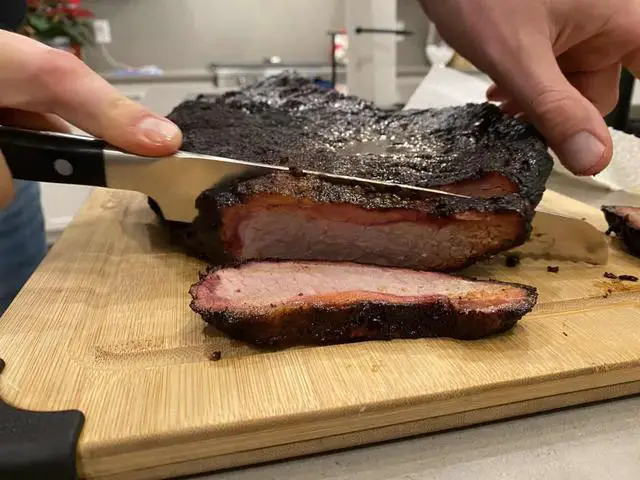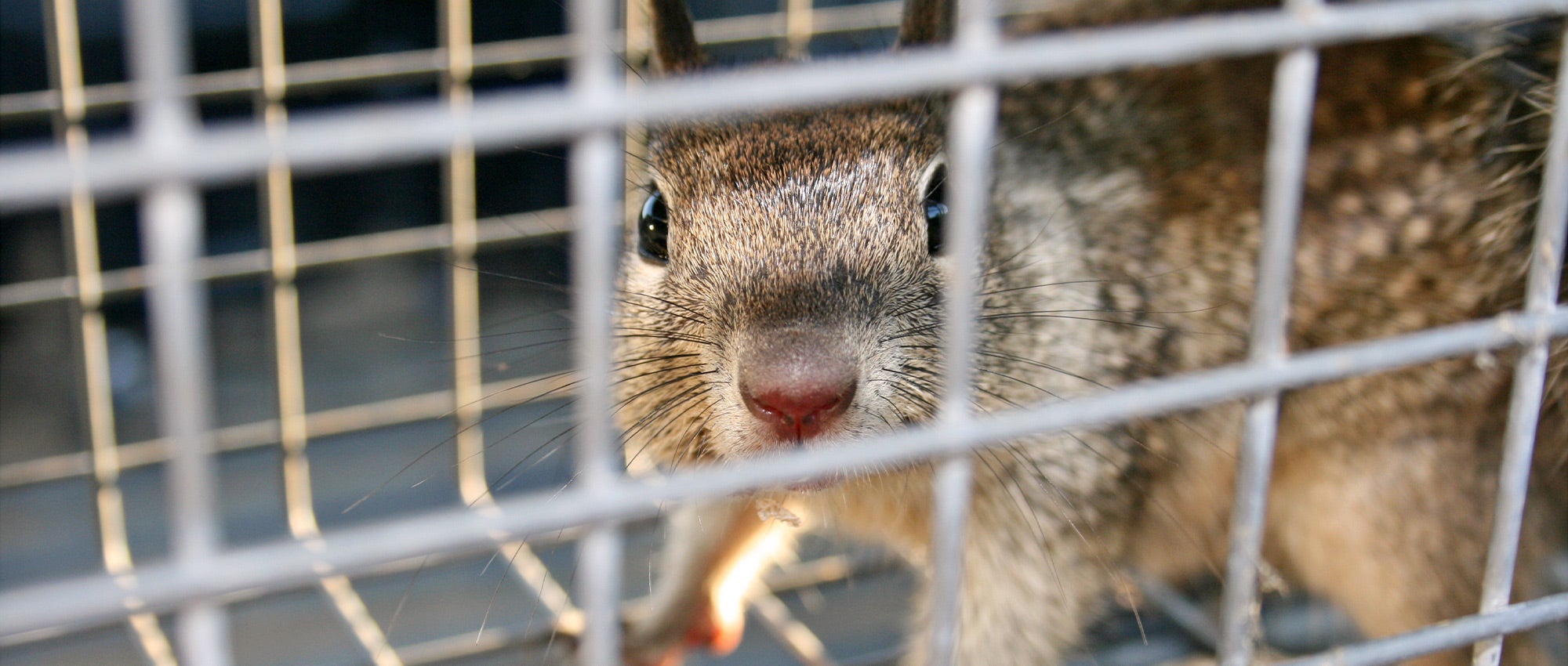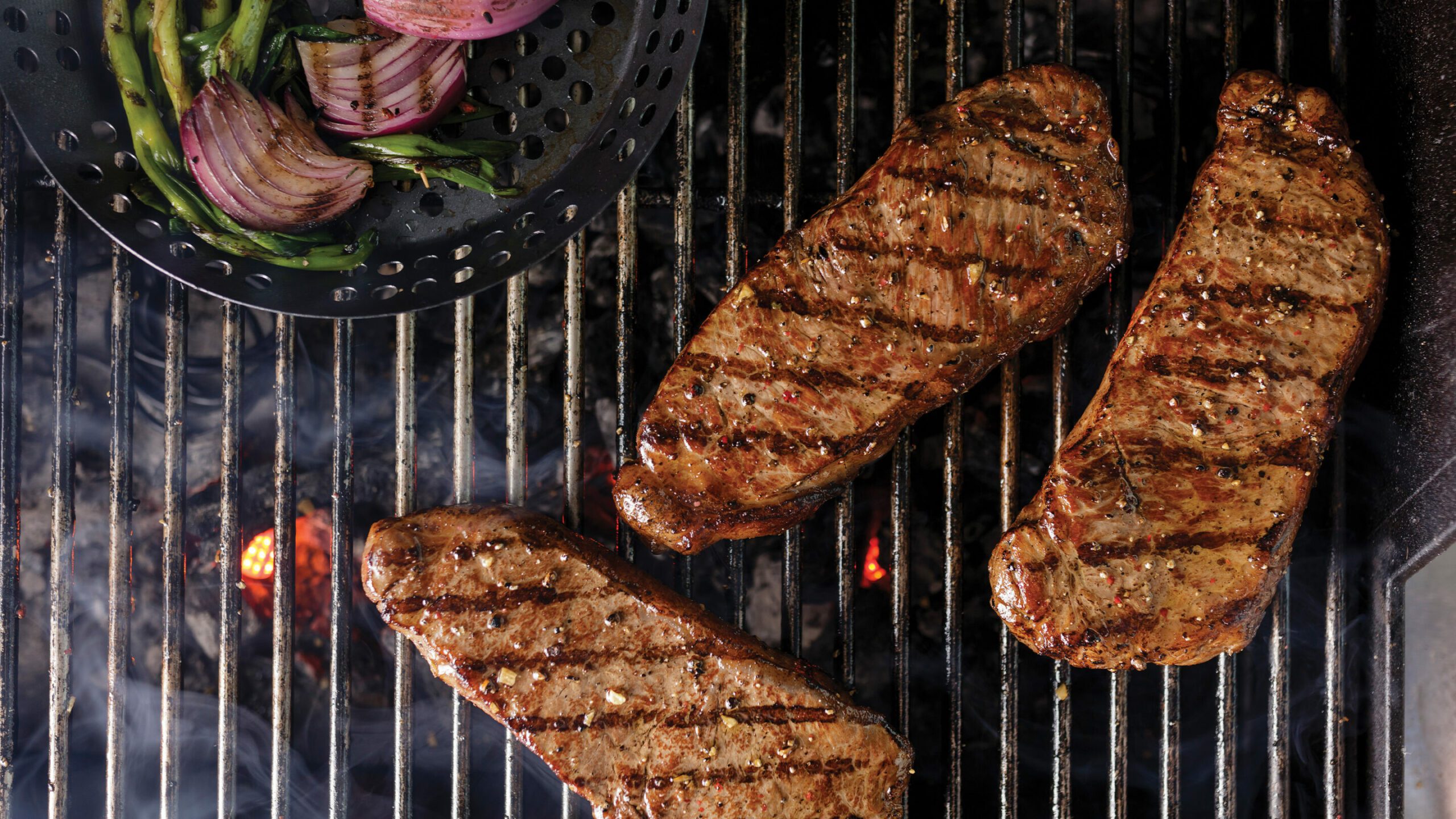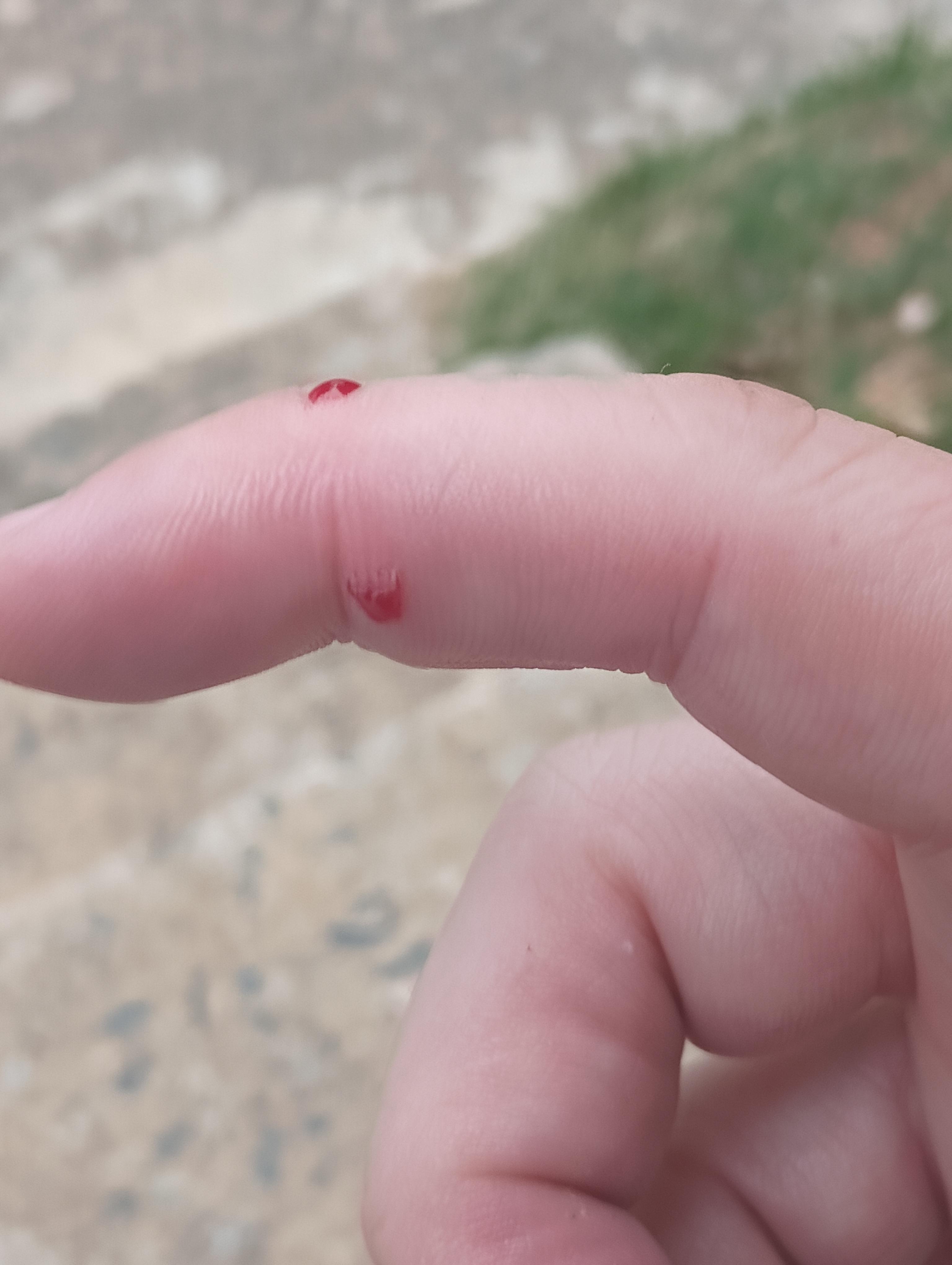
A squirrel bite typically appears as small puncture wounds or scratches. The area may become red and swollen.
Squirrels are generally harmless, but their bites can cause concern. A squirrel bite might seem minor, but it is essential to take it seriously. Squirrels have sharp teeth that can easily puncture the skin, leading to potential infections. Immediate cleaning of the wound with soap and water reduces infection risk.
Squirrels can carry diseases like rabies, although this is rare. If a squirrel bites you, monitor the wound for signs of infection, such as increased redness, swelling, or pus. Seeking medical advice ensures proper care and peace of mind. Always exercise caution around wild animals to prevent bites.

Credit: www.researchgate.net
Introduction To Squirrel Bites
Squirrel bites can be surprising and a bit scary. These small animals are common in parks and backyards. Understanding what a squirrel bite looks like is helpful.
Common Occurrences
Squirrels usually bite when they feel threatened. They might also bite if they are sick or injured. Sometimes, people try to feed squirrels by hand. This can lead to bites.
Here are some common situations where squirrel bites happen:
- Feeding squirrels by hand
- Trying to catch or handle a squirrel
- Accidentally stepping on or startling a squirrel
Why Squirrels Bite
Squirrels bite mainly for self-defense. They have sharp teeth for chewing nuts and bark. These teeth can cause painful bites. Another reason squirrels bite is to protect their young. Mother squirrels are very protective.
Here is a table showing reasons why squirrels bite:
| Reason | Description |
|---|---|
| Self-defense | To protect themselves from perceived threats. |
| Protecting young | Mother squirrels are very protective of their babies. |
| Injury or illness | Sick or injured squirrels may bite out of fear. |
Understanding these reasons helps avoid bites. Always be cautious around wild animals.
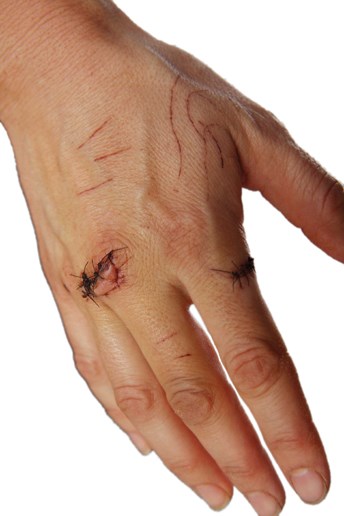
Credit: home.nps.gov
Identifying A Squirrel Bite
Identifying a squirrel bite can be tricky. Squirrel bites share similarities with other animal bites. Recognizing these bites helps in getting timely treatment. Below are the key aspects to look out for.
Visual Characteristics
Squirrel bites often leave distinct marks. These bites usually appear as small puncture wounds. The skin may look red and swollen around the bite. Sometimes, you may see two or more small holes. These holes are from the squirrel’s sharp teeth.
In some cases, the bite area might bleed. The wound size depends on the squirrel’s size. Larger squirrels can create bigger wounds. Always inspect the bite closely to identify these visual clues.
Common Symptoms
After a squirrel bite, certain symptoms may appear. These symptoms include:
- Redness around the bite area
- Swelling and inflammation
- Pain or tenderness at the site
- Possible itching or irritation
- Bleeding from the puncture wounds
Other symptoms might develop over time. These can include fever, chills, or body aches. These signs may indicate an infection. Always monitor the bite for changes.
| Symptom | Description |
|---|---|
| Redness | Skin turns red around the bite area |
| Swelling | Area becomes puffy and inflamed |
| Pain | Site feels tender and sore |
| Itching | Possible irritation at the bite location |
| Bleeding | Blood may seep from puncture wounds |
Identifying these symptoms early can help in seeking medical advice. Always ensure the bite area is clean. Keeping the wound clean prevents further infection.
Immediate First Aid
A squirrel bite can be a frightening experience. Knowing immediate first aid steps is crucial. Acting quickly helps prevent infection and complications.
Cleaning The Wound
First, wash your hands thoroughly. Clean hands prevent further contamination. Use warm water and mild soap to clean the wound. Rinse the bite area for at least five minutes. Make sure all dirt and saliva are removed.
Next, apply an antiseptic solution. This helps kill any remaining bacteria. Pat the wound dry with a clean towel. Apply an antibiotic ointment to the bite. Cover the area with a sterile bandage. Change the bandage daily or if it becomes dirty.
When To Seek Medical Help
Seek medical help if the wound is deep. Deep bites can cause severe infections. Watch for signs of infection like redness, swelling, and pus. Fever or chills may also indicate an infection.
Consult a doctor if you haven’t had a tetanus shot in the last five years. Tetanus shots are important for preventing serious infections. If the squirrel appeared sick or was acting strangely, contact a healthcare provider immediately. Rabies is rare but serious.
List of symptoms to watch for:
- Redness
- Swelling
- Pus or discharge
- Fever
- Chills
- Unusual behavior in the squirrel
Taking prompt action ensures proper healing. Always be cautious and prioritize your health.
Potential Complications
A squirrel bite may seem harmless at first. But it can lead to several complications. Knowing these potential issues can help you act quickly. Here are some of the main complications to watch out for.
Infections
A squirrel bite can introduce bacteria into the body. This can lead to infections. Common symptoms of an infection include:
- Redness around the bite
- Swelling
- Pus or fluid coming from the wound
- Fever
If you notice any of these signs, seek medical advice. Doctors may prescribe antibiotics to treat the infection. Keeping the wound clean also helps prevent infection.
Allergic Reactions
Some people may have an allergic reaction to a squirrel bite. Symptoms of an allergic reaction include:
- Itchy skin or rash
- Swelling of the face or throat
- Difficulty breathing
An allergic reaction can be serious. If you experience these symptoms, go to a hospital immediately. Allergic reactions can escalate quickly. So, it’s crucial to get help fast.
Preventing these complications involves prompt and proper care of the bite wound. Always wash the area with soap and water. Apply an antiseptic and cover it with a clean bandage. This reduces the risk of infections and other complications.
Expert Insights
Understanding a squirrel bite can be tricky. We gathered insights from experts. Here’s what veterinarians and doctors say.
Veterinarian Advice
Veterinarians see animal bites often. A squirrel bite usually appears as a small puncture wound.
Common signs include:
- Redness around the bite area
- Swelling and inflammation
- Possible bleeding
Here’s a simple table showing typical symptoms:
| Symptom | Description |
|---|---|
| Redness | Skin turns red near the bite |
| Swelling | Area around the bite swells |
| Bleeding | Blood may ooze from the puncture |
Doctor’s Perspective
Doctors recommend cleaning the wound immediately. This helps prevent infection.
- Wash with soap and water
- Apply an antiseptic cream
- Cover with a clean bandage
Seek medical attention if you notice these signs:
- Increased pain around the bite
- Pus or fluid drainage
- Fever or chills

Credit: www.reddit.com
Preventing Squirrel Bites
Understanding how to prevent squirrel bites is essential for everyone. Squirrels are cute but can become aggressive. Avoiding bites keeps you safe and healthy. Here are some tips to help you stay safe around squirrels.
Safety Tips
- Avoid feeding squirrels by hand. This can encourage them to bite.
- Keep a safe distance from wild squirrels. They may feel threatened if approached.
- Wear protective clothing like gloves and long sleeves when around squirrels.
- Teach children not to touch or chase squirrels.
- Secure your trash cans to prevent attracting squirrels.
Handling Wild Squirrels
Handling wild squirrels can be risky. Follow these guidelines to stay safe:
- Use a humane trap if you need to catch a squirrel.
- Contact animal control for help with wild squirrels.
- Never attempt to pick up a wild squirrel with bare hands.
- If bitten, clean the wound immediately with soap and water.
- Seek medical attention to prevent infection or disease.
Always remember, squirrels are wild animals. Treat them with caution and respect. By following these tips, you can enjoy watching squirrels safely.
Real-life Examples
Have you ever wondered, what does a squirrel bite look like? Squirrel bites can vary in appearance. Below, we explore real-life examples to give you a better idea.
Case Studies
Understanding squirrel bites through case studies can be enlightening. Here are some documented instances:
| Case | Description | Appearance |
|---|---|---|
| Case 1 | A child bitten by a squirrel in a park. | Small puncture wounds, slight redness. |
| Case 2 | An elderly person bitten while feeding squirrels. | Two deep punctures, mild swelling, bruising. |
| Case 3 | A teenager bitten at home by a pet squirrel. | Multiple scratches, punctures, some bleeding. |
Personal Stories
Real-life experiences add depth to understanding squirrel bites. Here are some personal stories:
- John’s Story: John was feeding squirrels in his backyard. One squirrel bit his finger. The bite left a small puncture wound and some redness. John cleaned it with soap and water.
- Lisa’s Story: Lisa’s pet squirrel bit her arm while playing. The bite resulted in two deep punctures. Her arm swelled, and she felt some bruising. Lisa visited a doctor for advice.
- Mark’s Story: Mark was bitten by a squirrel during a hike. The bite caused multiple scratches and a few punctures. He used antiseptic cream to prevent infection.
These real-life examples show the variety in squirrel bites. Always take care when around squirrels.
Frequently Asked Questions
What Does A Squirrel Bite Look Like?
A squirrel bite typically appears as small puncture wounds. The skin around the bite may be red and swollen.
How Can You Identify A Squirrel Bite?
Identifying a squirrel bite involves looking for small puncture wounds. There may also be redness and minor swelling.
Are Squirrel Bites Dangerous?
Squirrel bites can be dangerous due to potential infections. It’s important to clean the wound and seek medical advice.
Do Squirrel Bites Require Medical Attention?
Yes, squirrel bites should be examined by a healthcare professional. This helps prevent infections and ensures proper treatment.
Conclusion
Understanding what a squirrel bite looks like is crucial for proper care. Identifying the signs early ensures timely treatment. Always seek medical advice if bitten. Stay informed to protect yourself and your loved ones. Prevention and awareness are key to staying safe from squirrel bites.
Stay vigilant and cautious around wildlife.
Learn More About Grilling
If you want to learn more about grilling, check out these other helpful resources!


